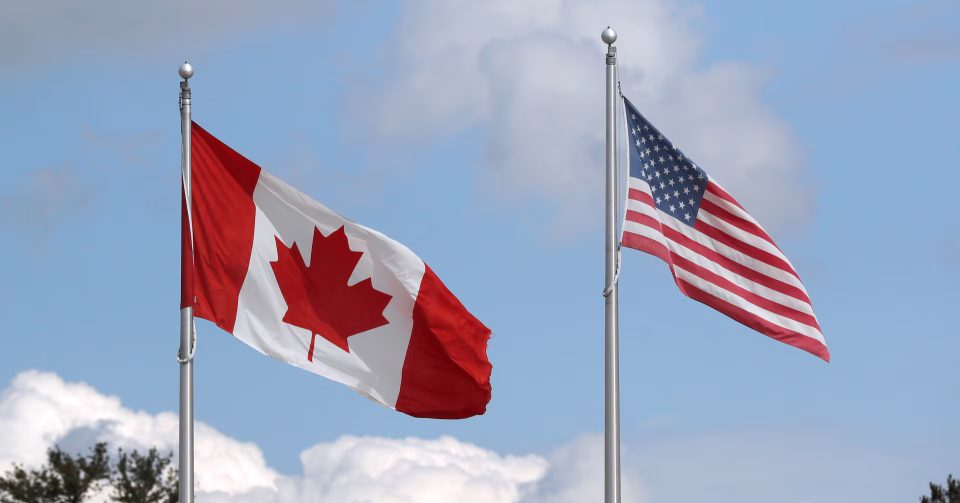In a significant development in North American trade relations, Canada has decided to rescind its Digital Services Tax (DST), a move aimed at reviving stalled negotiations with the United States. This decision comes after U.S. President Donald Trump abruptly ended trade talks last week, citing Canada’s DST as a major point of contention.
The DST, which was set to take effect on June 30, 2025, imposed a 3 percent tax on digital revenues earned by large technology companies from Canadian users, targeting revenues above $20 million in a calendar year. The tax was retroactive to 2022 and was expected to generate around $3 billion in payments from U.S. tech giants like Alphabet, Amazon, and Meta. The Canadian government introduced the tax in 2020 to address concerns that many large tech companies operating in Canada were not paying taxes on revenues generated from Canadian consumers.
However, the tax quickly became a flashpoint in U.S.-Canada trade relations. President Trump described the DST as a “direct and blatant attack” on the United States and responded by terminating all trade discussions with Canada on June 27, 2025. He also threatened to impose new tariffs on Canadian goods, escalating tensions between the two countries.
The breakdown in talks followed a series of contentious issues, including tariffs imposed by the U.S. on Canadian imports earlier in the year. Trump criticized Canada as “very nasty to deal with” and stated that negotiations would remain on hold until Canada dropped the DST.
In response, Canada’s Finance Minister François-Philippe Champagne announced on June 29 that the government would halt collection of the DST scheduled for June 30 and bring forward legislation to formally rescind the tax. This move is intended to facilitate progress in broader trade negotiations aimed at establishing a new economic and security partnership between the two countries. Prime Minister Mark Carney and President Trump have agreed to resume talks with the goal of reaching a deal by July 21, 2025.
Carney emphasized that Canada’s approach to negotiations is focused on securing the best outcomes for Canadian workers and businesses, and that the decision to rescind the DST supports this objective. Champagne added that removing the DST would allow “vital progress” in negotiations on a comprehensive trade agreement with the United States.
The DST was initially introduced as a temporary measure while Canada worked with international partners, including the U.S., on a multilateral digital taxation framework. The preference has always been for a global solution to address the challenges of taxing digital services, but Canada enacted the DST to close a taxation gap in the meantime.
The U.S. Treasury and trade officials had expressed concerns about the retroactive nature of the tax and viewed it as unfair to American companies. The U.S. Trade Representative was reportedly considering a Section 301 investigation into the DST, which could have led to retaliatory trade measures.
Canada’s decision to rescind the DST signals a willingness to compromise and prioritize the broader trade relationship with the U.S., which remains a critical economic partner. The resumption of talks is expected to focus on a wide range of issues beyond digital taxation, including security cooperation and tariff arrangements.
The resolution of trade tensions could have significant implications for cross-border commerce, investment, and the technology sector on both sides of the border. As Canada and the U.S. work to finalize their trade agreement by the July 21st deadline, the removal of the DST may pave the way for a more collaborative and mutually beneficial economic partnership in the years ahead.

